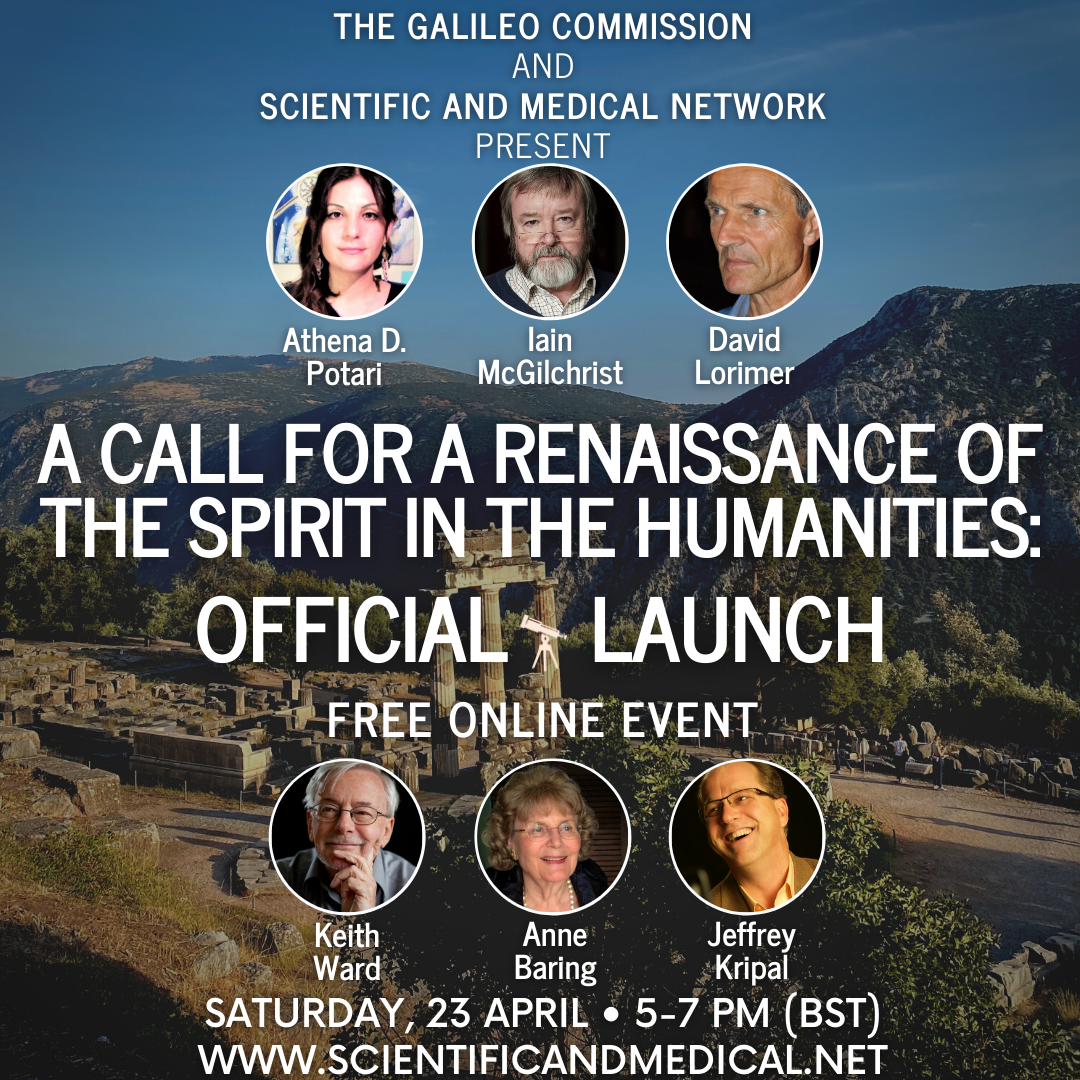
A Call for a Renaissance of the Spirit in the Humanities: Official Launch
In partnership with the Galileo Commission
With Dr Anne Baring, Prof Jeffrey Kripal, David Lorimer, Dr Iain McGilchrist, Dr Athena D. Potari, Prof Keith Ward, FBA
“But we….who are we?” – Plotinus, Enneads VI, 4
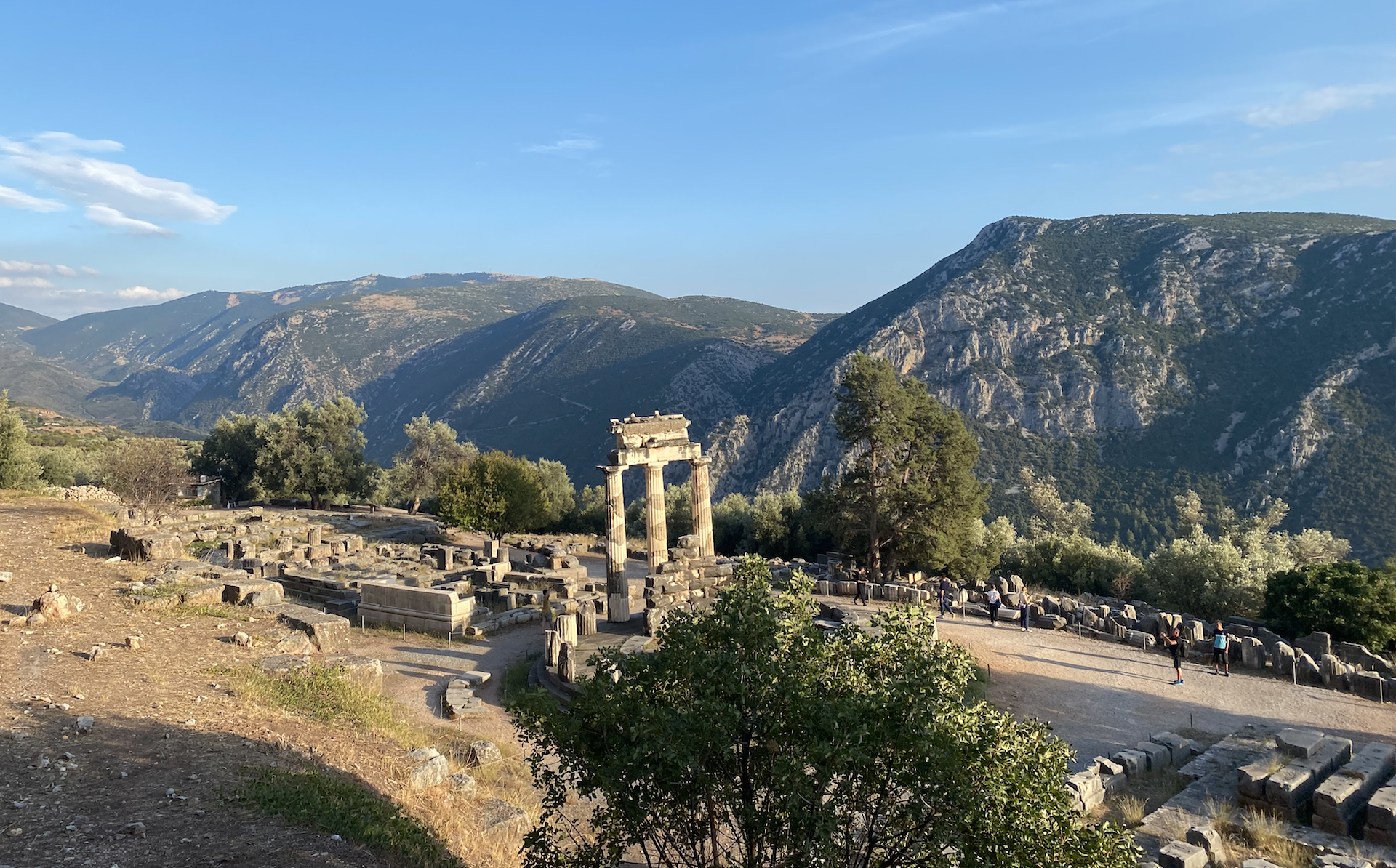
A Call for a Renaissance of the Spirit in the Humanities follows on from the 2014 Manifesto for a Post-Materialist Science and the 2018 Galileo Commission Report, Beyond a Materialist Worldview: Towards an Expanded Science as a corresponding call to expand the scope of the Humanities to encompass the emerging scientific insights regarding the ontological primacy and unity of consciousness, with the purpose of recovering the depth dimension of human spiritual identity. In this Call, we argue that, based on recent scientific research, there is good evidence to refute the claim that we are merely ‘hackable animals’ (in Yuval Noah Harari’s words) or at best complex biological machines in need of an upgraded operating system as proposed by the recent movement of Transhumanism.
We contend that this impoverished view of the human as machine is founded on an empirically outdated ontological paradigm, which has entailed grave socio-political, ethical, and environmental consequences. The ontological reduction of the human being – who we are – to a complex biological machine has undermined our sense of purpose and meaning and led us to neglect the interiority of human existence. It has contributed to a spiritual vacuum and widespread mental dis-ease witnessed in our western societies during the past century. We have lost touch with our centre, our root and ground of being.
We argue that a recovery of a deeper spiritual understanding of the human being as proposed by the likes of William James and Sir Alister Hardy FRS is vital to the future of our culture and of humanity on the whole, and the emerging post-materialist understanding of consciousness provides a strong empirical basis for this crucial development.
•
Background:
Philosopher of religion Jeffrey Kripal points out that most scholars in the humanities, like most scientists, “assume the same metaphysics [conception of reality]….of physicalism or materialism. They sincerely believe that they have a clear and convincing answer to the mind–matter problem: matter is really real, and mind is really not.” Crucially, he argues that “this same materialism has been very destructive of the humanities, mostly by rendering the human literally non-existent and certainly irrelevant in a technological world of objects and things”, concluding that “this leaping conflation of science, materialism, and philosophical truth is devastating to the humanities.” This represents a foundational cultural crisis of the first magnitude that is essentially spiritual and metaphysical: who indeed are we?
We share his diagnosis that “if we want to reinvigorate and renew the humanities (and our humanities), we have to address, firmly and without apology, the dominant ontology of materialism that is presently destroying them from within and from without.” This means questioning the very onto-metaphysical assumptions regarding the nature of the “human being” standing at the centre of the Humanities. We argue that the axiomatic view of the human being as nothing more than a complex biological machine and the understanding of human consciousness as merely a by-product of biological functions, reducible to the latter, has partially contributed to the self-undermining of the Humanities with numerous ethical, cultural and political repercussions. The Call explores how this view of the “human” is founded on an outdated onto-metaphysical paradigm and thus how its revision is not primarily a matter of norm and ethics but is in fact a logical and rational imperative.
Recent developments in scientific studies on consciousness, and the ensuing understanding that consciousness is primary and unified, can inform our understanding of what it means to be human with correspondingly appropriate epistemologies, as well as how we discursively and practically approach key areas of human activity, including ethics, politics and the environment. Such renewal of the foundations of the Humanities requires a radical metaphysical reconstruction and an inversion of the presumed primacy of matter.
We argue that this critical and creative re-examination of the Humanities’ central assumptions will allow them to embody more authentically the principles of academic freedom, diversity, non-discrimination, equality, open-mindedness and innovative spirit which, since its beginnings, form its core foundational values.
•
The Launch:
The format of the launch will consist of an introduction of the Call and explanation of the background by Galileo Commission Chair David Lorimer, followed by a summary of the main points of the Call from its author Dr Athena D. Potari. Then each of our panellists will give their views, followed by a round table discussion and questions from the audience.
You can find and support the document online at https://galileocommission.org/report/#renaissance.
•
About our guest speakers:
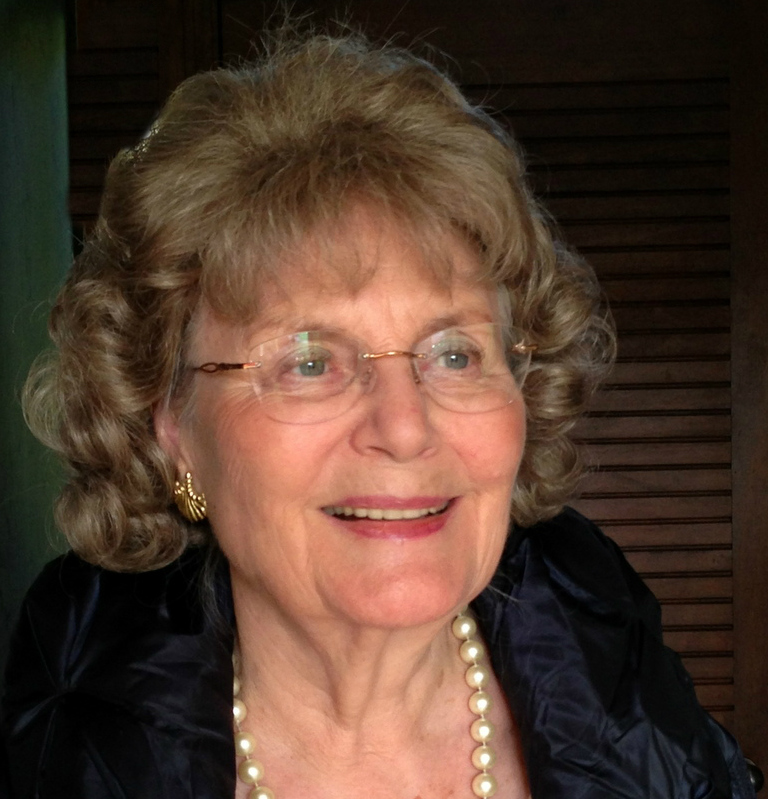
Anne Baring MA Oxon. PhD in Wisdom Studies Ubiquity University 2018. Jungian Analyst, author and co-author of seven books including, with Jules Cashford, The Myth of the Goddess; Evolution of an Image; with Andrew Harvey, The Mystic Vision and The Divine Feminine; with Dr. Scilla Elworthy, Soul Power: an Agenda for a Conscious Humanity. Her most recent book The Dream of the Cosmos: a Quest for the Soul (2013, updated and reprinted 2020) was awarded the Scientific and Medical Network Book Prize for 2013. The ground of all her work is a deep interest in the spiritual, mythological, shamanic and artistic traditions of different cultures. Her website is devoted to the affirmation of a new vision of reality and the issues facing us at this crucial time of choice. You can find it here: www.annebaring.com.
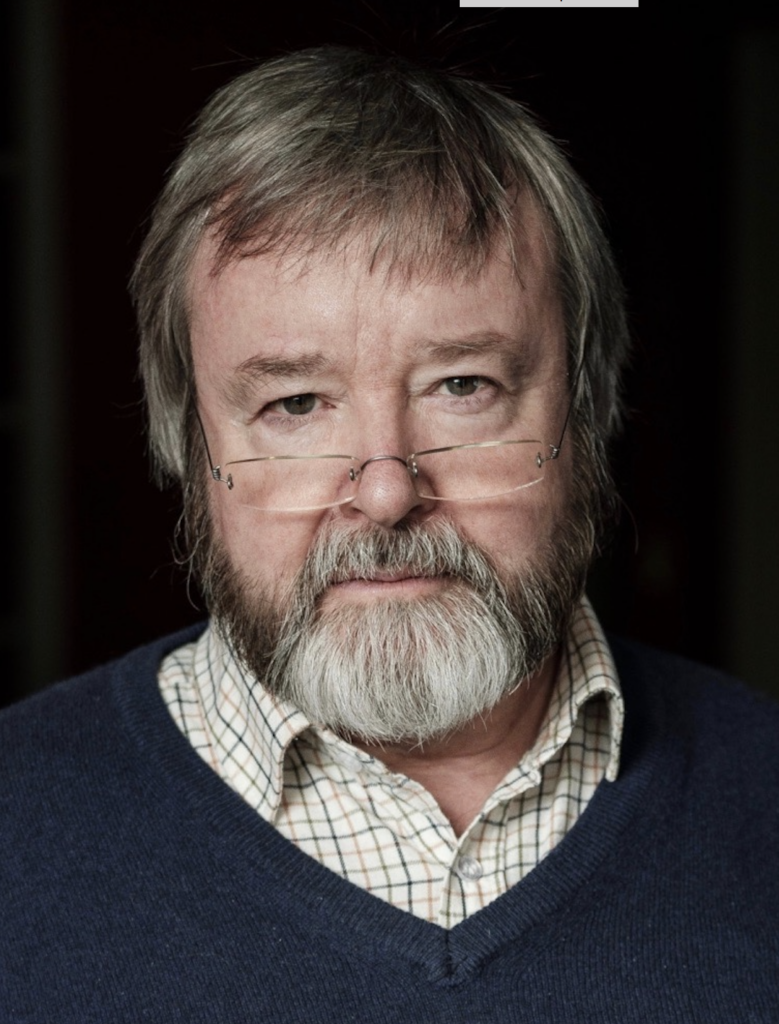
Dr Iain McGilchrist is a psychiatrist, philosopher and literary scholar. He is a Quondam Fellow of All Souls College, Oxford, a Fellow of the Royal College of Psychiatrists and of the Royal Society of Arts, as well as a former Clinical Director of the Bethlem Royal & Maudsley Hospital, London. He is the author of a number of books but best known internationally for his recent Magnum Opus, The Matter with Things and his 2009 work The Master and His Emissary: The Divided Brain and the Making of the Western World. His work has achieved international recognition and acclaim, which marks him out as one of the most significant thinkers and philosophers of our time.
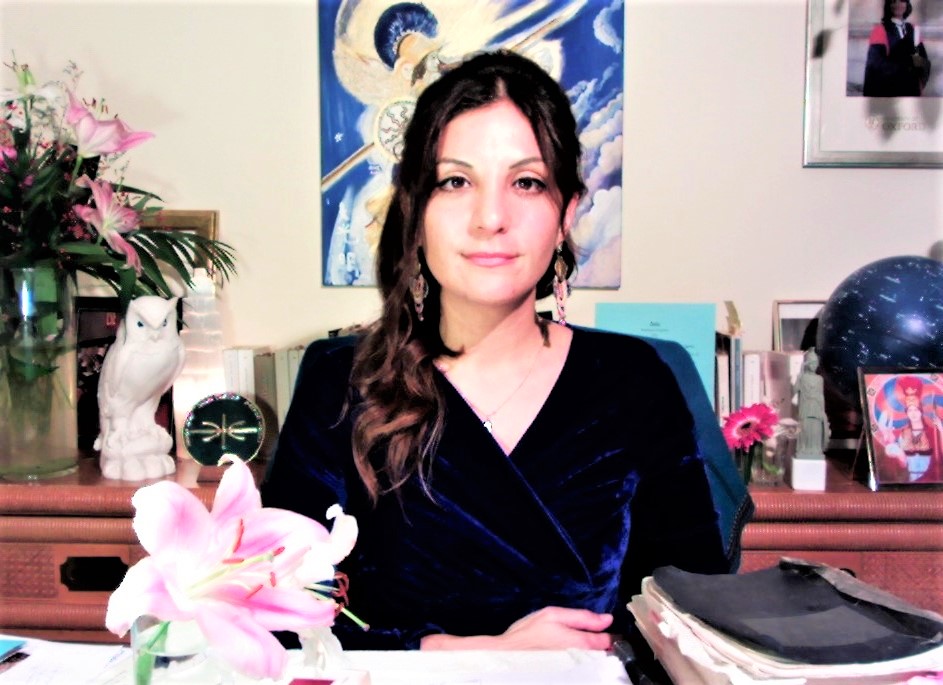
Dr Athena D. Potari is Fellow at the Center for Hellenic Studies at Harvard University (2022/23). She received her PhD from the University of Oxford, specializing in Political Philosophy, and holds an MA in Political Theory summa cum laude from the London School of Economics and Political Science (LSE). In 2020, she was the youngest female scholar to receive the prestigious Academy of Athens Award of Philosophy. She has previously taught at the Universities of Oxford, University of Patras and University of Toulouse 1-Capitol (Athens branch). In 2019 she founded Atheonoa – a school of philosophy based in Greece devoted to the study of Ancient Hellenic Philosophy as an experiential path to the lived realization of non-dual awareness (gnosis) and eudaimonia, combining rigorous textual study with meditation and other embodied practices inspired by the ancient scriptures. She is a Member of the Galileo Commission Steering Group and the author of “A Call for a Renaissance of the Spirit in the Humanities” published by the Galileo Commission.
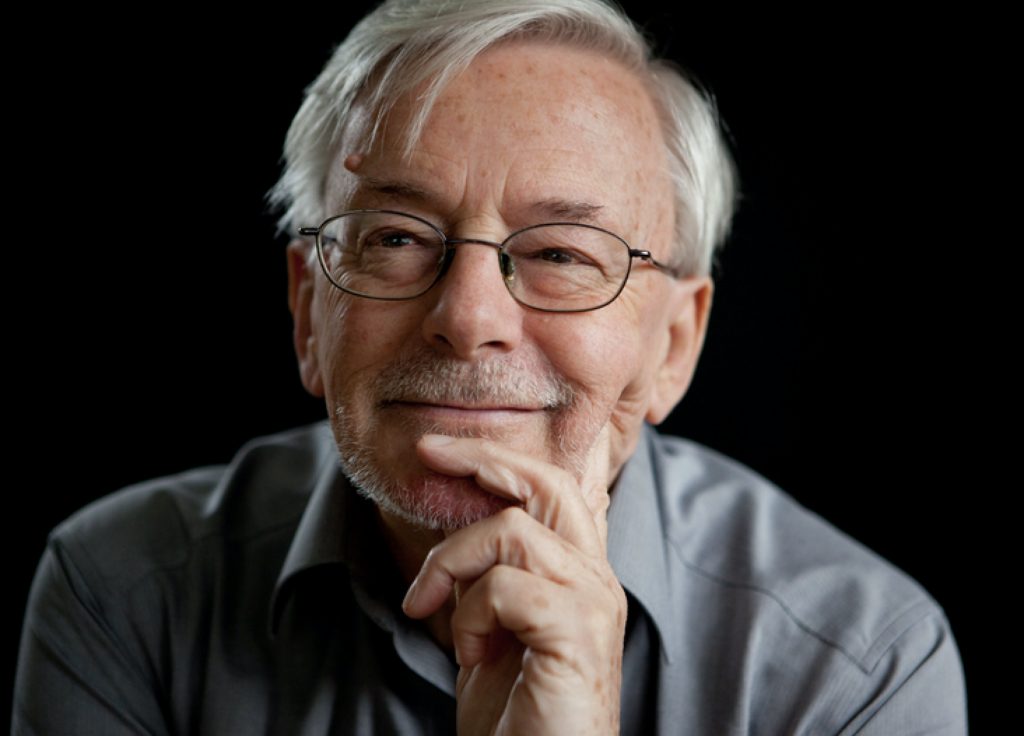
Prof Keith Ward, DD, FBA says: “I have been an academic virtually all my working life, teaching philosophy, theology, and religious studies at various times. So I am an academic, with all the shortcomings that implies. I am interested in intellectual problems, in arguments and theories, and I largely depend on other people for finding out facts.
I am, by nature and conviction, an Idealist philosopher, somebody who believes in the supremacy of Spirit or Mind, and who thinks that the material universe is an expression or creation of a Supreme Mind. I see religions as very ambiguous but probably necessary ways of giving humans some awareness of this Supreme Mind. I am a Christian, and became a priest of the Church of England in 1972. But I have an interest in the many diverse ways in which humans have sought spiritual truth, and in trying to understand what these various paths may have to teach. I think the main task for religious believers today is to ensure that their beliefs are conducive to human flourishing and, so far as is possible, to the flourishing of all sentient beings; to relate ancient religious beliefs to the modern scientific world view; and to see their own faith in a truly global context.
That gives an idea of who I am, and explains why my books fall into three main classes – philosophy, religion, and Christian theology. Virtually all my books have been, rather selfishly, ways of working out what I believe, but they have also responded to particular situations which have in my view shown misunderstandings of the sort of philosophy and religion I adhere to – and those misunderstandings are legion, and growing (which is why I have written so many books)!”
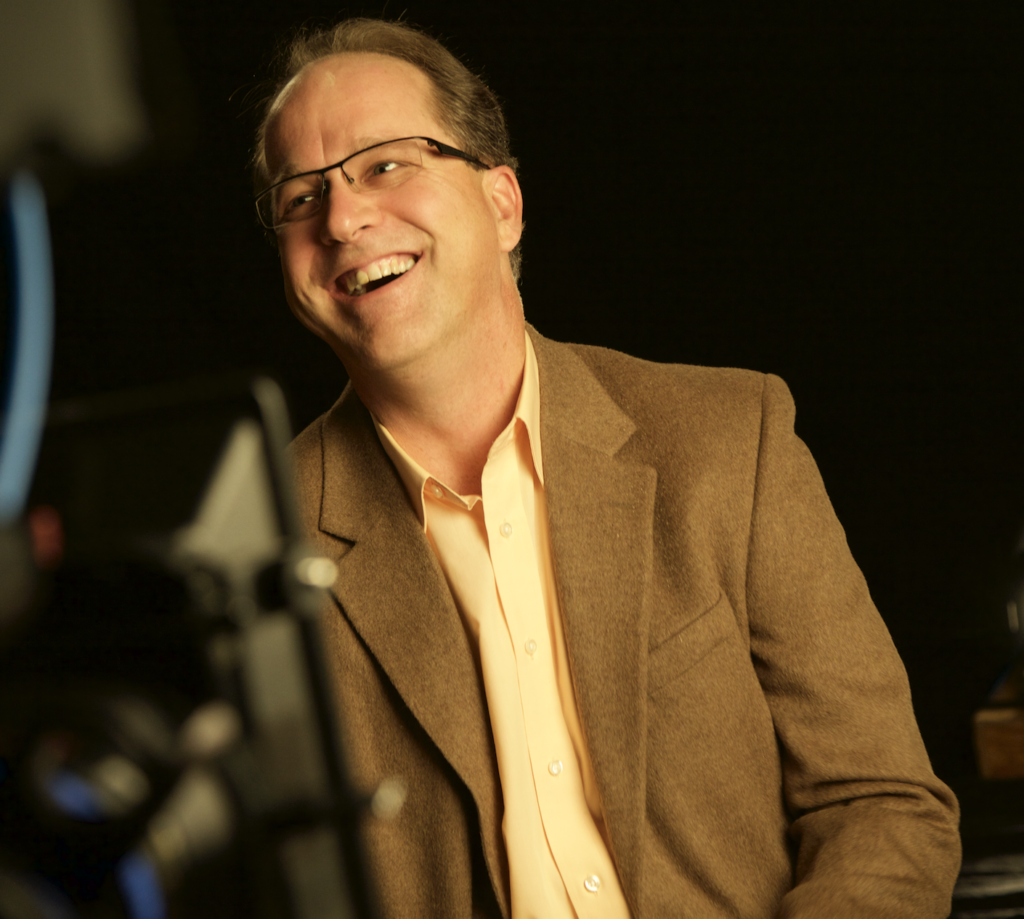
Jeffrey J. Kripal holds the J. Newton Rayzor Chair in Philosophy and Religious Thought at Rice University and is the associate director of the Center for Theory and Research at the Esalen Institute in Big Sur, California. He has previously taught at Harvard Divinity School and Westminster College and is the author of eight books, including The Flip. He lives in Houston, Texas.
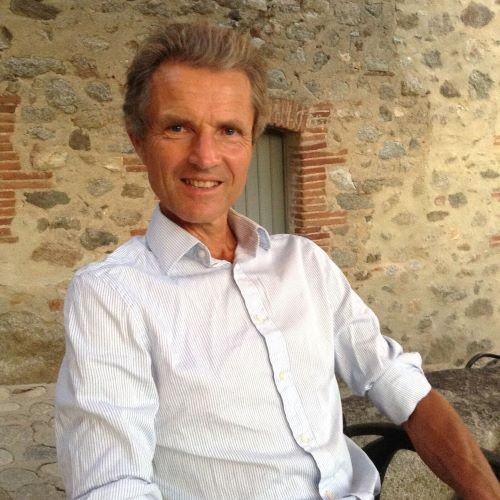
David Lorimer is a writer, lecturer, poet and editor who is a Founder of Character Education Scotland, Programme Director of the Scientific and Medical Network and former President of Wrekin Trust and the Swedenborg Society. He has also been editor of Paradigm Explorer since 1986 and completed his 100th issue in 2019. Originally a merchant banker then a teacher of philosophy and modern languages at Winchester College, he is the author and editor of over a dozen books, including Survival? Death as Transition (1984, 2017) Resonant Mind (originally Whole in One) (1990/2017), The Spirit of Science (1998), Thinking Beyond the Brain (2001), The Protein Crunch (with Jason Drew) and A New Renaissance (edited with Oliver Robinson. His new book of essays, A Quest for Wisdom was published in 2021. David is also Chair of the Galileo Commission which seeks the expand the evidence base of science of consciousness beyond a materialistic world view.
TICKETS
This is a donation-based event.
The Scientific and Medical Network and Galileo Commission are charity organisations and rely heavily on donations to keep their work going. If you like what we do, please consider giving what you can to support our work. All proceedings for this specific event will go towards disseminating our Call.
Feel free to use the FREE option if you are under financial strain.
All bookings will receive a link to view the RECORDING.
NOTE: If you have any difficulty submitting your order on this form, then please book on our other event page by CLICKING HERE
NOTE: If you have any difficulty submitting your order on this form
then please book on our other event page by CLICKING HERE
Speakers
-
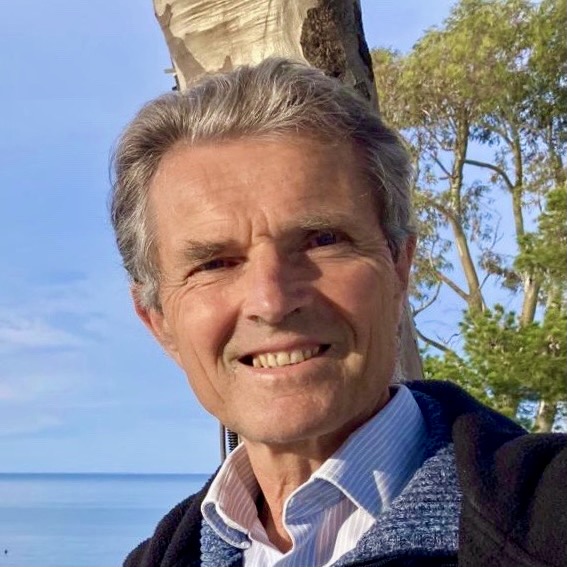 David LorimerWriter, Lecturer, Poet, Editor
David LorimerWriter, Lecturer, Poet, EditorDavid Lorimer, MA, PGCE, FRSA is a visionary polymath – writer, lecturer, poet and editor who is a Founder of Character Education Scotland, Programme Director of the Scientific and Medical Network and former President of Wrekin Trust and the Swedenborg Society. David is also the Editor of Paradigm Explorer, and Chair of the Galileo Commission, which seeks the expand the evidence base of science of consciousness beyond a materialistic world view.
Originally a merchant banker then a teacher of philosophy and modern languages at Winchester College, he is the author and editor of over a dozen books, including Survival? Death as Transition (1984,2017) Resonant Mind (originally Whole in One) (1990/2017), The Spirit of Science (1998), Thinking Beyond the Brain (2001), The Protein Crunch (with Jason Drew) and A New Renaissance (edited with Oliver Robinson). He has edited three books about the Bulgarian sage Beinsa Douno (Peter Deunov): Prophet for our Times (1991, 2015), The Circle of Sacred Dance, and Gems of Love, which is a translation of his prayers and formulas into English. His book on the ideas and work of the Prince of Wales – Radical Prince (2003) – has been translated into Dutch, Spanish and French. His most recent books are A Quest for Wisdom and his collection of poems, Better Light a Candle.
-
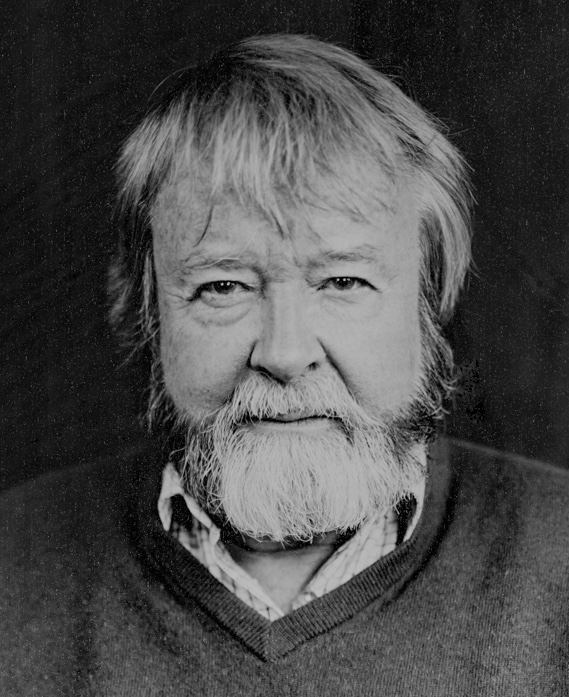 Iain McGilchristPsychiatrist, Philosopher, Literary Scholar
Iain McGilchristPsychiatrist, Philosopher, Literary ScholarDr Iain McGilchrist is a psychiatrist, philosopher and literary scholar. He is a Quondam Fellow of All Souls College, Oxford, a Fellow of the Royal College of Psychiatrists and of the Royal Society of Arts, as well as a former Clinical Director of the Bethlem Royal & Maudsley Hospital, London. His previous book, The Master and His Emissary: The Divided Brain and the Making of the Western World reached international recognition and acclaim and has marked him out as one of the greatest thinkers and philosophers of our time.
His latest publication is the two-volume work, The Matter with Things which was published in November 2021 by Perspectiva Press. This is a sustained critique of reductive materialism, and concerns such questions as ‘Who are we? What is the world? What is the nature of time and space? What do we mean by purpose, value and the divine? And how do we most reliably set about finding out?’
-
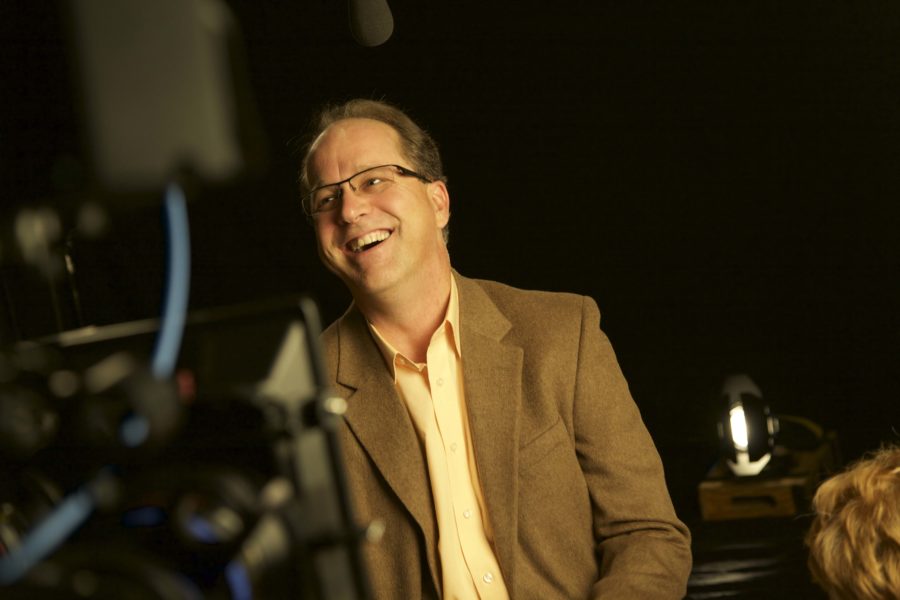 Jeffrey J. KripalJeffrey J. Kripal is the Associate Dean of Humanities and holds the J. Newton Rayzor Chair in Philosophy and Religious Thought at Rice University and is the associate director of the Center for Theory and Research at the Esalen Institute in Big Sur, California.
Jeffrey J. KripalJeffrey J. Kripal is the Associate Dean of Humanities and holds the J. Newton Rayzor Chair in Philosophy and Religious Thought at Rice University and is the associate director of the Center for Theory and Research at the Esalen Institute in Big Sur, California.Jeffrey J. Kripal is the Associate Dean of Humanities and holds the J. Newton Rayzor Chair in Philosophy and Religious Thought at Rice University and is the associate director of the Center for Theory and Research at the Esalen Institute in Big Sur, California. He has previously taught at Harvard Divinity School and Westminster College and is the author of eight books, including The Flip: Who You Really Are and Why It Matters. For more see: www.kripal.rice.edu.
-
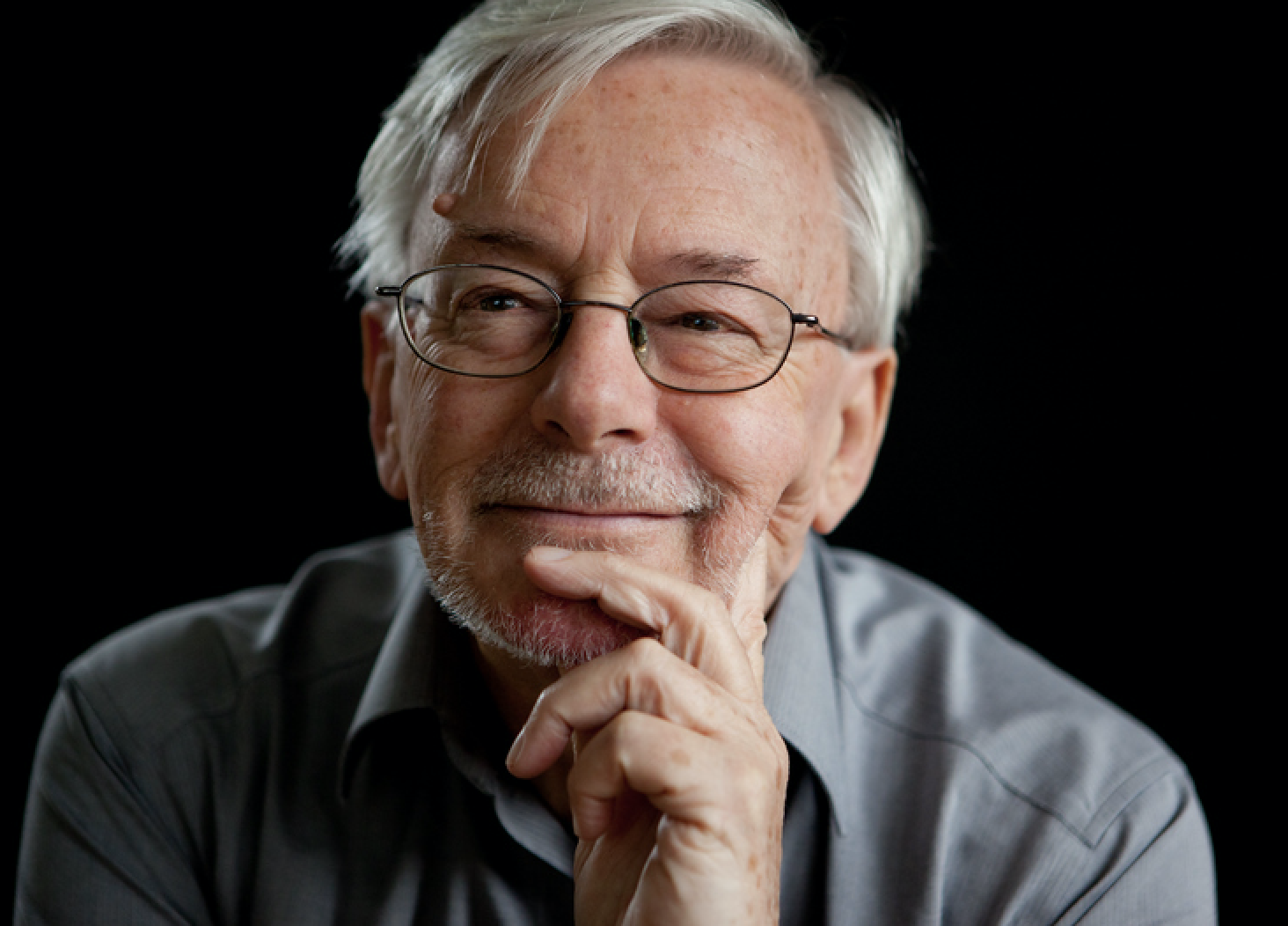 Keith WardPhilosopher
Keith WardPhilosopherProf Keith Ward, DD, FBA says: “I have been an academic virtually all my working life, teaching philosophy, theology, and religious studies at various times. So I am an academic, with all the shortcomings that implies. I am interested in intellectual problems, in arguments and theories, and I largely depend on other people for finding out facts.
I am, by nature and conviction, an Idealist philosopher, somebody who believes in the supremacy of Spirit or Mind, and who thinks that the material universe is an expression or creation of a Supreme Mind. I see religions as very ambiguous but probably necessary ways of giving humans some awareness of this Supreme Mind. I am a Christian, and became a priest of the Church of England in 1972. But I have an interest in the many diverse ways in which humans have sought spiritual truth, and in trying to understand what these various paths may have to teach. I think the main task for religious believers today is to ensure that their beliefs are conducive to human flourishing and, so far as is possible, to the flourishing of all sentient beings; to relate ancient religious beliefs to the modern scientific world view; and to see their own faith in a truly global context.
That gives an idea of who I am, and explains why my books fall into three main classes – philosophy, religion, and Christian theology. Virtually all my books have been, rather selfishly, ways of working out what I believe, but they have also responded to particular situations which have in my view shown misunderstandings of the sort of philosophy and religion I adhere to – and those misunderstandings are legion, and growing (which is why I have written so many books)!”
-
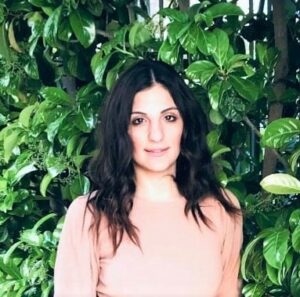 Athena D. PotariPhilosopher
Athena D. PotariPhilosopherDr Athena Potari is Fellow at the Center for Hellenic Studies at Harvard University, where she explores possibilities for an expanded practice of Philosophy by re-integrating elements and histories of the feminine. She received her PhD from the University of Oxford specializing in Political Philosophy, and her MA in Political Theory with Distinction from the London School of Economics and Political Science (LSE). She is recipient of the Academy of Athens Award of Philosophy (2020), author of “A Call for a Renaissance of the Spirit in the Humanities” published by the Galileo Commission, and Member of the Galileo Commission Steering Committee. In 2019, she founded Athenoa, a School of Hellenic Philosophy based in Greece where Hellenism is approached as a living wisdom tradition whose core consists in the inextricable synthesis of scientific reason and spirituality. Her work aims to revive the deeper spiritual and experiential dimensions of Hellenic Philosophy as a living spiritual lineage, combining discursive rigor and embodied meditative practices, with the aim of awakening to the ever-present mystery of being – our true Self.
-
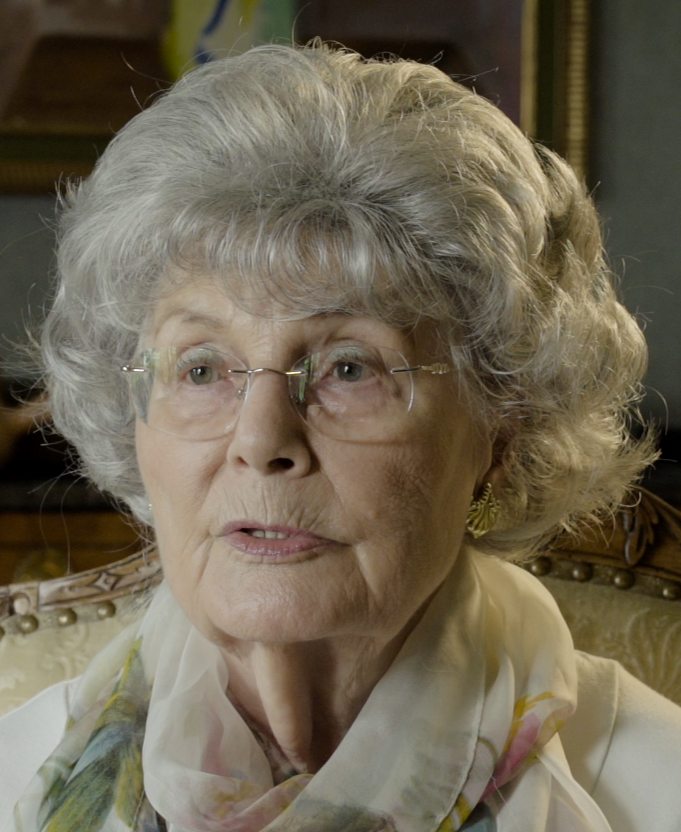 Anne BaringAuthor
Anne BaringAuthorAnne Baring PhD (hons), was born in 1931 and is an historian and a Jungian Analyst. She is the author and co-author of 9 books, among them The Myth of the Goddess, The Mystic Vision, The Divine Feminine and The Dream of the Cosmos: A Quest for the Soul (2020). In July 2023 she published Messages from a Transcendent Dimension, the channelled messages received by her mother from 1943 to 1968. Her new book (May 2025) is called Divine Wisdom and The Holy Spirit: The Forgotten Feminine Face of God. The ground of all her work is a deep interest in the spiritual, mythological, shamanic, and artistic traditions of different cultures. Her two websites are devoted to a new vision of reality and the choice that lies before us as a species: www.annebaring.com and www.anne-baring.com
